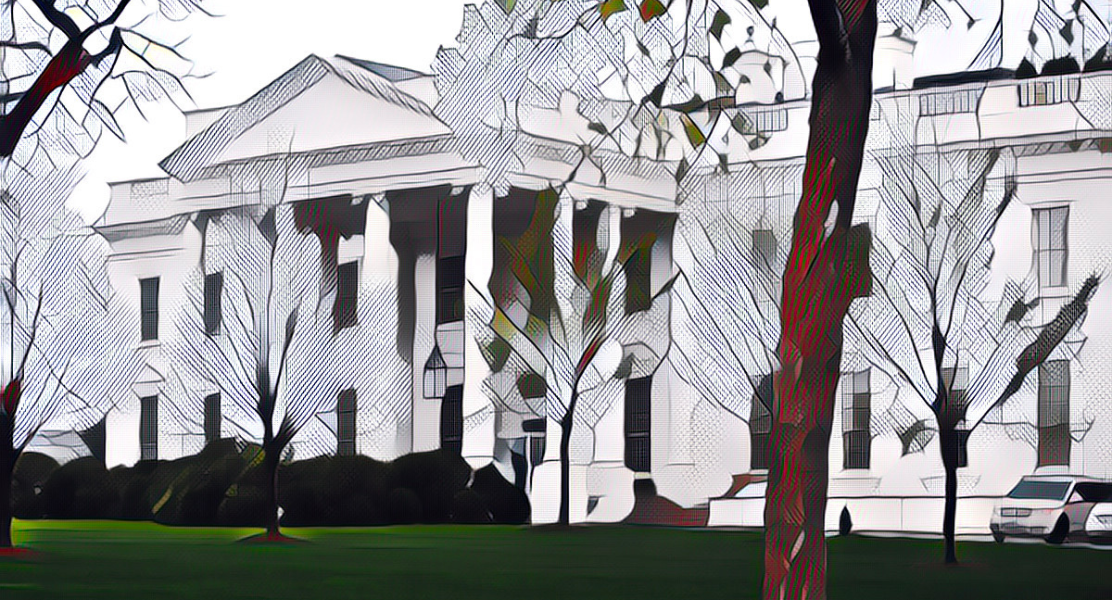BJC supports Biden administration restoring religious liberty protections to beneficiaries of government-funded services

Regulations proposed by 9 federal agencies would return religious liberty protections to individuals who receive taxpayer-funded services to ensure that no person in need is denied federally funded services because of their faith. Faith-based organizations often partner with the government to provide aid to individuals in need. These rules (originally crafted from bipartisan, consensus recommendations in 2016 at the end of the Obama administration and removed at the end of the Trump administration in 2020) guarantee to beneficiaries the right to receive federally funded services regardless of their faith, and without fear of being pressed to participate in religious activities.
As BJC explains in its comment, perhaps most important is the restoration of rules requiring that beneficiaries are provided with notice of their rights. Under the proposed regulations, all service providers receiving federal money must provide written notice to recipients of those services that they cannot be discriminated against because of their religious beliefs or be required to attend or participate in religious activities to receive their services. In addition, they must be informed of the requirement that religious organizations providing government-subsidized services must separate their religious offerings in time or location from the government-funded program.
Here is an excerpt from BJC’s comment:
Giving program participants notice of their rights will enable them to receive the services they qualify for with the confidence that their rights will be respected. Without the notice of rights, qualified beneficiaries may decline to pursue programs that would provide them with much-needed aid on an assumption that they will have to meet a religious test to access the program. Program beneficiaries deserve to know that they can receive a federally funded job training class, food box or bed in a homeless shelter free from fear that they will be rejected for their religious views or be required to attend a Bible study in order to receive the federally funded service.
The proposed regulations return a version of the 2016 rule requiring service providers to notify beneficiaries of alternate providers where feasible. They also require that beneficiaries using a voucher or other form of “indirect” government aid must be able to exercise true independent choice in selecting a service provider. While the proposed rules do not go as far as the 2016 rules, which mandated a secular option for beneficiaries to choose from, the proposed rule requiring independent choice is a significant improvement, BJC explained, from the 2020 iteration, which “radically chang[ed] the definition and requirements of ‘indirect aid programs.’”
BJC also joined 56 organizations on public comments submitted by the Coalition Against Religious Discrimination (CARD):
The Proposed Rule… re-centers people in need, restoring their religious freedom protections and making it more likely that they can access critical services. It will help ensure that people who use social services will not be pressured to participate in religious activities or be required to meet a religious litmus test in exchange for obtaining the help they need. When the government funds social service programs, it must ensure that the programs are open to people of all faiths and nonreligious people, and that religion is not used to deny people services or their civil rights protections.
For more on this issue, check out the latest episode of BJC’s podcast, Respecting Religion, in which Amanda Tyler and Holly Hollman discuss the importance of the proposed rules and why BJC supports them.




